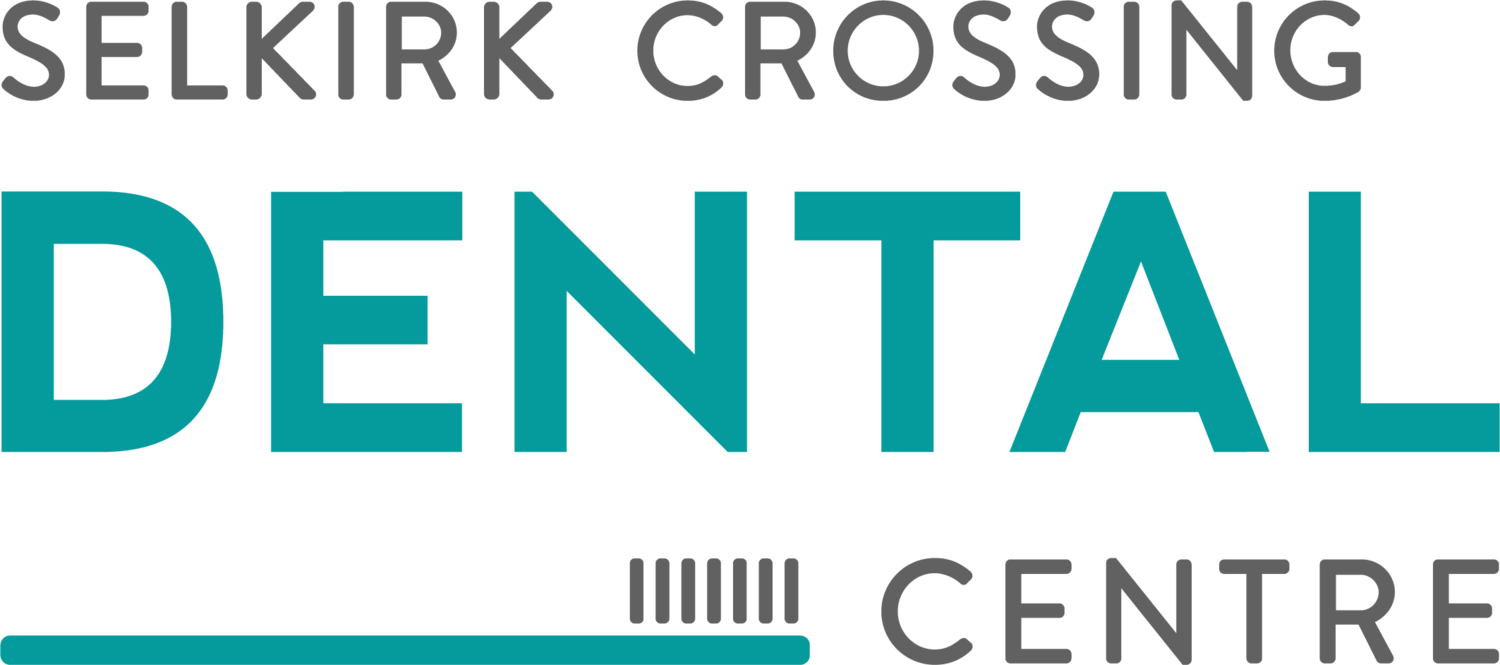Tooth pain can range from mildly annoying to completely debilitating, but when it comes to an abscessed tooth, it’s a dental emergency you can't afford to ignore. This painful condition signals a serious infection that can spread fast if left untreated. Acting quickly is crucial to protect your oral and overall health.
What Is an Abscessed Tooth?
An abscessed tooth is an infection that forms a pocket of pus inside the tooth or surrounding gum tissue. It usually starts due to untreated tooth decay, gum disease, or trauma that allows bacteria to enter the tooth or gums.
Common Types of Dental Abscesses
Periapical Abscess: Found at the root of the tooth.
Periodontal Abscess: Affects the gum and bone supporting the tooth.
Gingival Abscess: Develops in the surface gum tissue.
No matter the type, all abscesses require fast professional treatment to avoid spreading the infection.
Symptoms You Shouldn’t Ignore
An abscessed tooth often causes intense pain, but there are other signs to watch for:
Sharp or throbbing toothache
Swollen gums or cheeks
Jaw pain
Fever
Foul breath or taste in your mouth
Sensitivity to temperature or pressure
A visible bump on the gum that may ooze pus
Difficulty opening the mouth or swallowing
If you have any of these symptoms, don't wait. The infection can quickly worsen and lead to serious complications.
Why Immediate Care Matters
Dental abscesses aren’t just uncomfortable—they're dangerous. Here’s what can happen if you delay treatment:
1. Infection Can Spread
Bacteria from an abscess can travel to the jaw, neck, and even the brain, leading to life-threatening conditions like sepsis. In rare cases, untreated dental infections have led to hospitalization or emergency surgery.
2. Tooth Destruction
The longer an abscess goes untreated, the more likely it is that the tooth will become unsalvageable and need to be removed. Even teeth that are restored with fillings or crowns can be lost if the infection reaches the pulp and is not addressed.
3. Bone Loss
The infection can damage the jawbone and surrounding tissues, making future restorative dental work much more difficult. It may also lead to a sunken facial appearance over time if bone loss becomes severe.
4. Persistent Pain
Abscesses cause more than short-term pain. Without treatment, the discomfort becomes chronic and unrelenting, often interfering with sleep, work, and quality of life.
5. Higher Costs
Early treatment is usually simpler and less expensive. Delay can mean more complex, costly procedures, including surgery, tooth replacement, and extended recovery time.
What Happens at the Emergency Dentist
Once you reach the emergency dentist, you’ll be assessed promptly. Here’s what to expect:
Diagnosis and Imaging
Your dentist will examine the area and likely take X-rays to pinpoint the infection's location and severity. In some cases, additional imaging like a cone-beam CT scan may be used to evaluate surrounding structures.
Relieving the Pressure
They may drain the abscess to reduce swelling and pain. This can offer immediate relief and stop the infection from spreading. In severe cases, surgical drainage might be necessary.
Treatment Options
Depending on the tooth’s condition, you may need:
Root canal therapy to clean and seal the infected area, saving the tooth.
Tooth extraction if the damage is beyond repair or the infection is too advanced.
Antibiotics
Infections that have spread beyond the tooth might require antibiotics. However, antibiotics alone won’t cure an abscess—they're used to support other treatments, not replace them.
Temporary Pain Relief at Home
If you can't get to a dentist right away, here are a few ways to manage the discomfort temporarily:
Rinse your mouth with warm saltwater several times a day
Take over-the-counter painkillers like ibuprofen or acetaminophen
Apply a cold compress to the swollen area for 15-minute intervals
Sleep with your head elevated to reduce swelling
Avoid sugary, spicy, or very hot or cold foods and drinks
Remember, these are only temporary measures. Relief will only come with professional care.
Preventing Future Abscesses
Here's how:
Brush twice a day with fluoride toothpaste for at least two minutes
Floss daily to clean between teeth and prevent gum infections
Use an antibacterial mouthwash if recommended by your dentist
Visit your dentist regularly for cleanings and exams, ideally every six months
Avoid tobacco use, which increases the risk of gum disease
Address cavities, gum inflammation, or cracked teeth as soon as possible
Other Dental Emergencies That Need Fast Care
Other emergencies include:
Knocked-out teeth
Broken or chipped teeth with nerve exposure
Severe toothaches
Bleeding gums that won’t stop
Lost fillings or crowns that expose sensitive areas
Jaw injuries or swelling that affects breathing
Recognizing a dental emergency early and acting on it can prevent long-term problems and save your smile.
Don’t Wait—Get Help Now
If you're dealing with signs of an abscessed tooth, don’t delay care. Fast treatment protects your health and keeps costs down.
If you're looking for a dentist in Selkirk or need a reliable Selkirk dentist to handle urgent dental needs, we’re ready to help.
Selkirk Crossing Dental – Your Emergency Dental Care Partner

